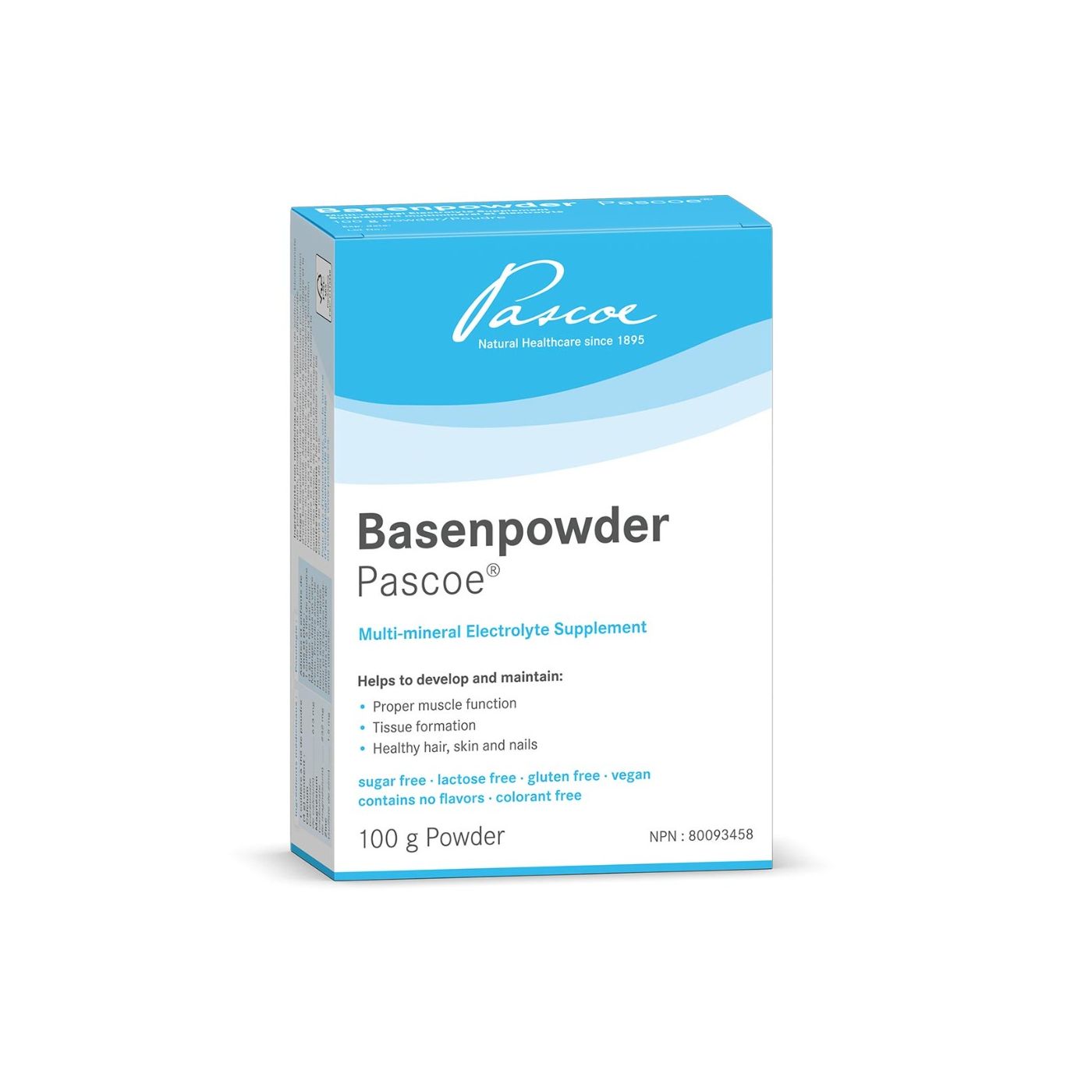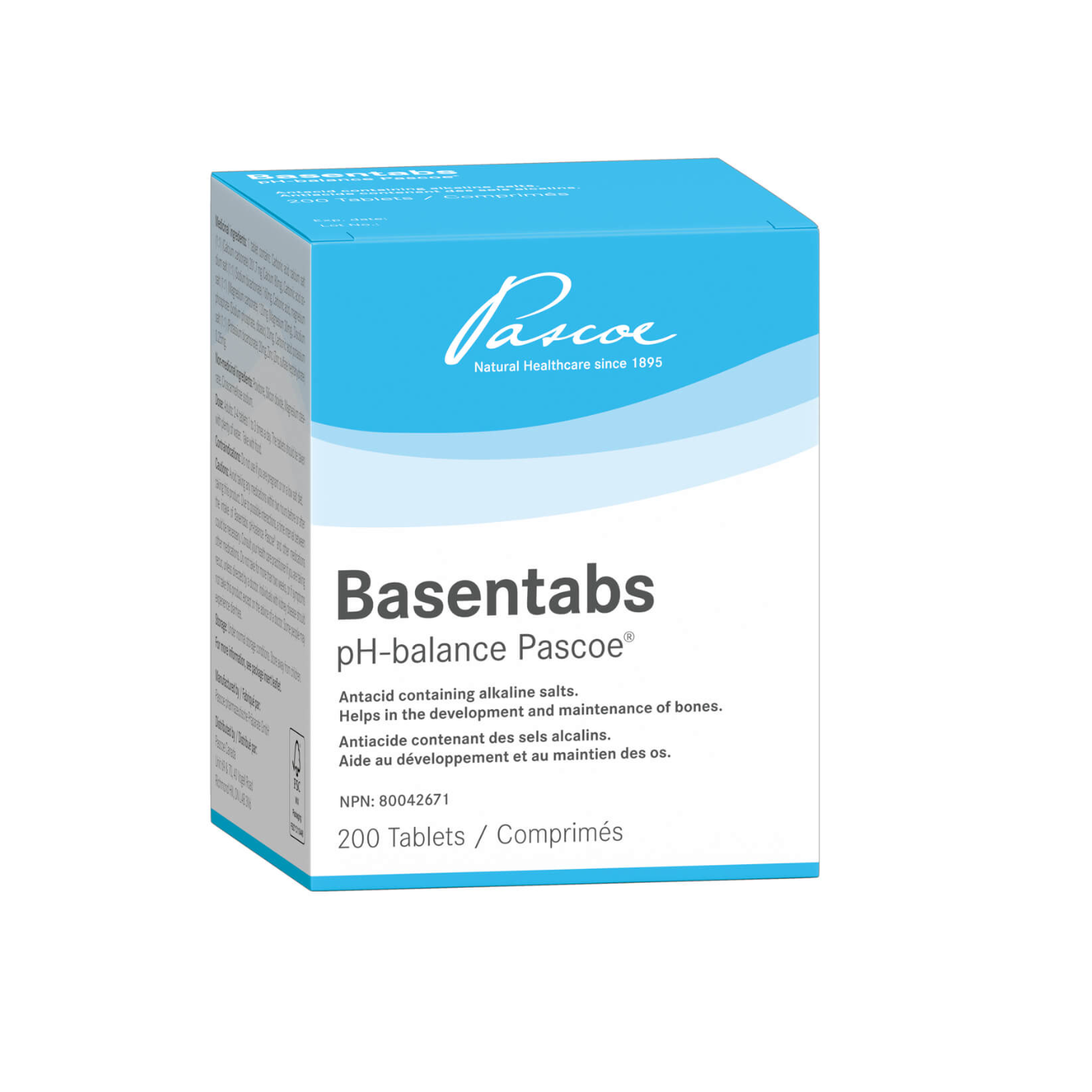Electrolytes: Why Keeping a Healthy Balance is Critical to Your Overall Health
Electrolytes are important for every body to function properly. An imbalance can cause minor to severe health problems.
Electrolytes are minerals that become electrically charged when mixed with water. They are needed for muscle contraction and nerve impulses. For example, the heart depends on electrolytes to help it beat at a normal rate. Minerals can also help control blood pressure, balance acidity, and repair damaged tissue. More so, electrolytes prevent dehydration. Hydration allows our muscles and nerves to work. They allow the body to release internal toxic waste. Each electrolyte plays a unique role. This is why you need to have different salt minerals. The seven minerals needed for your healthy well-being are:
- Potassium
- Sodium
- Calcium
- Magnesium
- Bicarbonate
- Chloride
- Phosphate


Concern for Imbalance?
Half of the human body's weight is made up of water. Water levels in the body are always rising and falling. This means the amount of electrolytes and vitamins are also changing. There is balance when your intake of water matches the amount of water released. Our kidneys and hormones regulate changes in bodily fluids. They produce either concentrated or diluted urine. In doing so, they maintain a healthy fluid and electrolyte balance. For example, in a high salt diet the kidneys produce more concentrated urine. This helps get rid of the excess sodium.
Potassium and sodium are the most common imbalances. They are often lost through sweat. For example, athletes often supplement with electrolyte powder or drinks during and after exercise. Powders that contain vitamins, potassium and sodium help stop muscle-cramps and dehydration.
- Sodium: Regulates fluid in the body Sodium also allows the brain and muscles to work
- Potassium: Supports electrical impulses that tells the brain and muscles to function
- Calcium: Strengthens bones and teeth. It also normalizes the heart beat and muscle contraction
- Magnesium: Allows for the metabolism of calcium and potassium. It also supports bones, teeth, muscles and nerves
- Zinc: Helps the immune system fight off viruses and bacteria. Zinc also strengthens hair, skin, and nails
The body is only able to replace one-third of the fluid, vitamins and trace minerals lost from sweating. Other factors that cause fluid loss and multi-mineral imbalances include diarrhea, high fever or vomiting. In addition, almost a liter of water is lost through the skin, lungs, and feces during the day. Hydration is needed for our organs and cells to function. Essential minerals are not made by the body. They must come from nutrition. Yet, sometimes that is not even enough. This is why the intake of multimineral supplements can help. All-natural coconut water or an electrolyte powder are great electrolyte replacement options. The electrolyte mix or powder should contain vitamins and minerals such as sodium, potassium, calcium and magnesium.
Symptoms of Essential Electrolytes Imbalance
Calcium, magnesium, potassium, sodium, bicarbonate, chloride and phosphate imbalances each affect your general health in various ways. An imbalance or deficiency can cause symptoms, such as:
- Dizziness
- Fatigue
- Twitching
- Nausea, vomiting
- Irregular heartbeat
- Muscle spasm or muscle weakness
- Change in mental status: irritability, moodiness, confusion, hallucinations, delusions
- Bone disorders
- Changes in blood pressure
- Seizures or convulsions
- Irregular heartbeat
- Nervous system disorders
- Thirst, dry mouth or throat
- Constipation or diarrhea


Causes of an Electrolyte Imbalance
There are many causes of electrolyte imbalance. Causes may include a high or low sodium diet and poor nutrition. Imbalances might also be caused by severe dehydration. An imbalance of acids and alkalis in the body will disrupt electrolytes. Certain drugs, such as diuretics, may also upset this balance. Kidney disease or other health concerns such as bulimia are common culprits of electrolyte imbalance.
Prevention
Some causes of electrolyte imbalance cannot be prevented. However, there are ways to reduce the risk of deficiency. A nutritional diet, sufficient hydration, and dietary supplements all support this balance. Supplement use may include electrolyte tablets or electrolyte powders. For example, electrolyte water or electrolyte powder can be used during or after physical activity for hydration. Electrolyte formulas or powders replenish essential salts, vitamins, and minerals lost through perspiration. Mineral supplements will provide rehydration and restore your healthy energy levels.
Treatment
The type of treatment will depend on the severity of the imbalance. Supplements will also be based on which electrolyte is deficient. In general, a supplement or electrolyte powder can be used to replenish lost electrolytes and minerals. Staying hydrated is a simple way to stay balanced and improve your health.
In cases where your symptoms are severe, individuals may need to be hospitalized and monitored during treatment to support your health. If you have a kidney, heart or liver disease always check with your healthcare practitioner and never self-diagnose. Always consult your health care provider if you are pregnant woman or breast feeding.
Basenpowder Pascoe


Basenpowder is a multi-mineral supplement. The dietary supplement provides a source of three essential minerals and electrolytes. The electrolyte supplement contains calcium, magnesium, potassium, and zinc
- Suitable for ages 9 years and older
- Vegan and keto-friendly
- Non-GMO and caffeine-free
- No artificial sweeteners
- Gluten-free, lactose-free, and sugar-free
For dietary supplement use, mix one scoop of the powder or one single-serve stickpacks with 8 ounces of water. The electrolyte mix can be added to your favorite beverage, smoothie, or shake. Enjoy the electrolyte drink with herbs or fruits. Hydrate with a refreshing lemon flavor or lemon-lime beverage!




